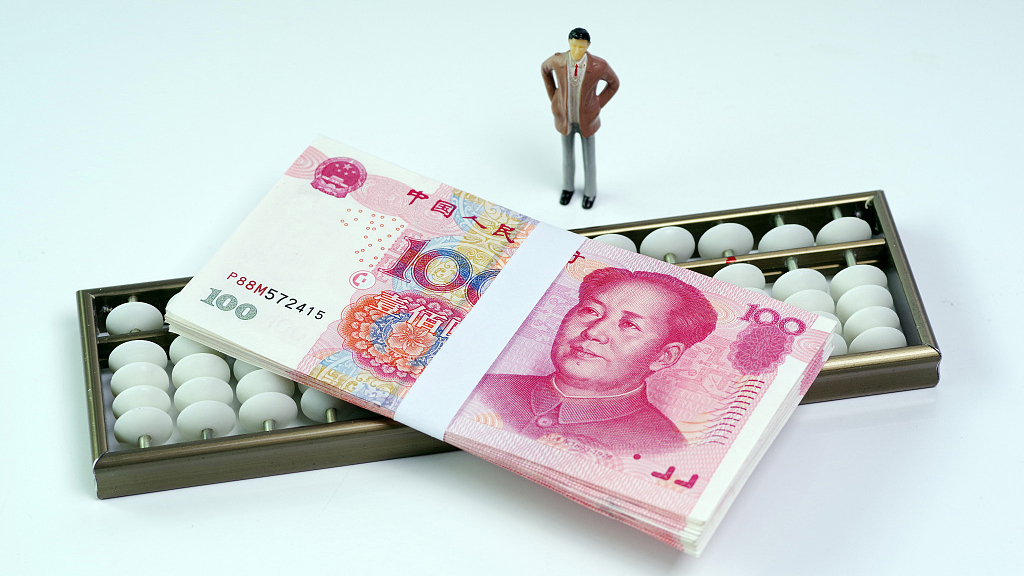01:12

China's tax authority started soliciting public opinion on a draft document of a consumption tax law from December 3, 2019, to January 2, 2020.
The latest legislation clarified that both companies and individuals are liable to pay a consumption tax when they sell goods, process products and purchase certain imported merchandise.
A total of 15 categories will be subjected to consumption taxes, including cigarettes, alcohol and jewelry, said the statement.
Zhu Qing, professor from the School of Finance under Renmin University of China, said the draft will keep the total tax revenue unchanged, in a response to the public's concern about whether it may increase their tax burden.
"The changes made will have no great impact on companies and citizens," Zhu said.
Zhu also said the move will not only give the central government the power to adjust rates applied to various goods when necessary, it will also help curb the consumption of products that are harmful to health and environment.
"The consumption tax is not a new idea. Countries around the world, by and large, target luxury goods... or goods that can cause harm to people's health for extra taxes," Zhu added.

China is trying to improve the consumption environment.
China is trying to improve the consumption environment.
Xu Guoqiao, a senior official with the tax policy department of the Ministry of Finance, said that the new version will focus on reforming the current tax system, strengthening the ability of local governments to deal with larger tax and fee reductions, and improving the consumption environment.
"The specific adjustments will be implemented gradually, and the overall consumption tax burden will remain stable," Xu said.
Liu Yi, professor at the School of Economics, Peking University, said that it will also motivate local authorities to modernize its economic development path.
"Local governments used to care more about serving the local enterprises' interests, while the new tax law will make them shift to focus more on serving the residents in a bid to boost local consumption," said Liu.
China started collecting consumption taxes on some consumer goods including cigarettes, alcohol, gasoline and diesel from January 1, 1994, based on a provisional regulations on consumption tax issued in 1993. From 1994 to 2018, a total of 10.52 trillion yuan of domestic consumption taxes was levied.
In 2004, the country launched a new round of reform on consumption taxes to adjust the scope, process and rate of taxable items which added energy-intensive, highly polluting products and some high-end consumer goods to the list.